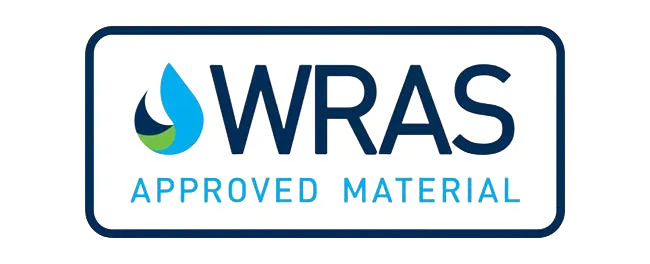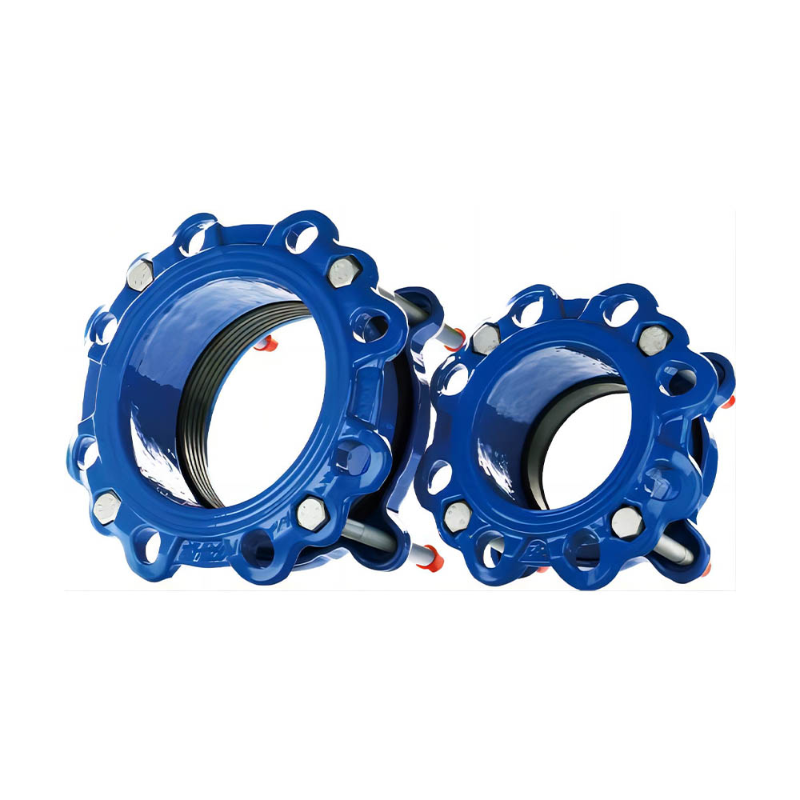
Pipeline networks are the unseen backbones of today’s towns and factories. They carry water, waste, fuel, and other essential supplies all day long. These setups need to run smoothly. So, each link has to be tough and dependable. One piece that has a big part in this is the flange adaptor.
Picking the correct adaptor turns really crucial when you’re handling steel, ductile iron, or PE (polyethylene) pipes. Every kind of pipe comes with its own pluses, minuses, and best setting. If adaptors don’t match up, that can cause drips, bigger bills, or the setup breaking down too soon. This article lays out how to pick the best one, one step at a time.
Why Flange Adaptors Are Essential
The basic role of flange adaptors
Flange adaptors work as connectors. They allow pipes of different materials or standards to join tightly. Without them, many projects would need heavy welding, cutting, or redesign. Adaptors create a sealed joint quickly, which lowers labor time and cost.
Benefits in real projects
In real world jobs, flange adaptors help reduce shutdown time. They make it easier to expand existing pipelines or connect to new equipment. This is why they are often used in municipal water supply, industrial plants, and even desalination facilities.
How Conflex Joints fits in
Conflex Joints provides a wide range of adaptors designed for pipelines around the world. Their products are built to work under pressure and to last in demanding environments.
Choosing Flange Adaptors for Steel Pipes
Characteristics of steel pipes
Steel pipes are known for high tensile strength and pressure resistance. They are widely used in oil, gas, and high pressure water systems. Stainless steel resists corrosion better, while carbon steel is often chosen for strength and lower cost.
Why flange adaptors matter for steel
Steel pipes often need to connect with other pipe types. A flange adaptor gives a safe and flexible way to do this. Instead of welding, which needs special skill and equipment, adaptors make installation faster. They also make future repairs easier.
Tips for selection
Pick adaptors with strong coatings to block rust.
Match the pressure rating with the pipeline system.
Choose adaptors made to handle heavy stress in industrial plants.
Choosing Flange Adaptors for Ductile Iron Pipes
Properties of ductile iron
Ductile iron is not the same as common cast iron. It has a special structure that makes it flexible and less brittle. Pipes made from ductile iron can last for more than a century. They are popular in water supply, sewage, and drainage projects.
Adaptors designed for ductile iron
The flange adaptor for DI pipe is made to fit this type of pipe. It allows a tight connection without harming the pipe’s lining. Products like the flange adaptor for DI pipe are designed for secure installation and long service.
Key points to consider
Choose adaptors that allow for slight ground movement.
In corrosive soils, coatings like epoxy or cement mortar help.
Pick adaptors that are simple to inspect and replace when needed.

Choosing Flange Adaptors for PE Pipes
Features of PE pipes
PE (polyethylene) pipes are light, flexible, and easy to transport. They resist many chemicals and are often used in irrigation, rural water networks, and low pressure systems.
The role of flange adaptors
When PE pipes must connect to steel or ductile iron systems, a special adaptor is required. The Universal Flange Adaptor is built for this job. The Universal Flange Adaptor can adjust to different pipe materials and dimensions, making it ideal for mixed pipelines.
Selection guidance
Ensure the adaptor grips the PE pipe firmly to avoid slipping.
Use sealing gaskets designed for plastic to metal joints.
For pressurized systems, consider restrained types for extra safety.
Factors to Consider Before Making a Choice
Environmental conditions
Pipelines face different challenges. Some are buried in soil, others exposed to seawater, while some run through chemical plants. The adaptor you choose must resist rust, wear, and chemical attack.
Pressure and flow requirements
Steel handles very high pressure. Ductile iron is reliable for municipal and sewer projects. PE works best in lighter duty applications. Always check that the adaptor rating matches the actual system pressure.
Long term maintenance
Adaptors should not only be strong but also easy to maintain. Products that allow quick inspection and easy replacement save money over the long term.
Why Work with Conflex Joints
Expertise and global projects
Conflex Joints has supplied adaptors for projects across industries. Their parts are used in water supply, gas, sewage, and industrial plants. You can learn about them to see their experience in handling global demands.
Product range
Their catalog includes options for ductile iron, steel, and PE pipes, along with universal solutions. Whether you need a flange adaptor for DI pipe or a Universal Flange Adaptor, they provide reliable choices.
Easy consultation
If you are unsure which adaptor is best for your pipeline, it is simple to Consult your project. Getting expert input helps prevent costly mistakes during installation.
FAQ
Q1: Can one flange adaptor fit both steel and ductile iron pipes?
Yes, universal flange adaptors are designed for mixed material use. But always confirm project specifications first.
Q2: What is the main advantage of using a flange adaptor instead of welding?
It saves time, avoids heavy labor, and makes future repairs simpler, while still giving a safe seal.
Q3: Are flange adaptors safe for high pressure pipelines?
Yes. If the adaptor is rated for the correct pressure, it works well even in strong flow conditions.
Q4: How do I know which coating or lining is required?
This depends on the soil, water chemistry, and project environment. Options like epoxy or cement mortar are often used in corrosive areas.
Q5: Where can I find adaptors for connecting different pipe materials?
You can use the Universal Flange Adaptor, designed for projects that involve more than one pipe type.










